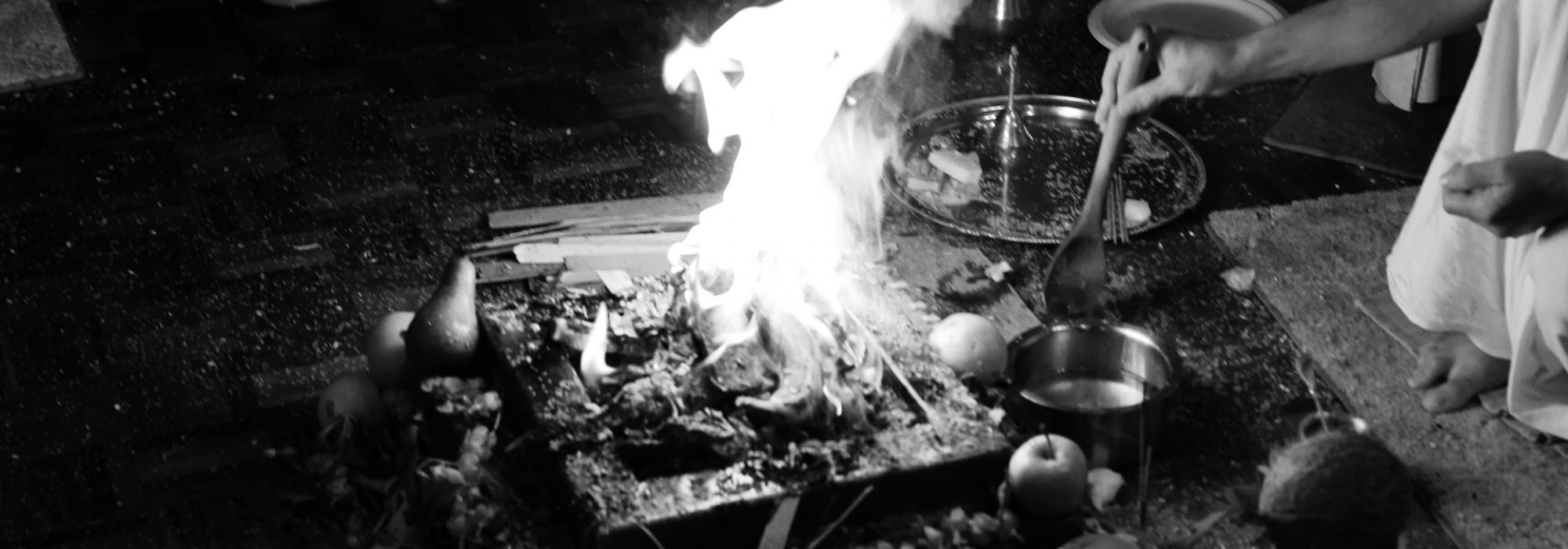Yajna, Dana, and Tapas
It is known that dharma is the only way to live. But how to practice it? The action plan of dharma is given in the pedagogy of yajna, dana, and tapas.
The word 'yajna' is translated as ritual or sacrifice. In a very limited sense, ritual is only a symbol. It is a pointer of course, towards a meaningful practice in reality. However, the real meaning of yajna lies in the Vedic Sanskrit tradition that finds its basis in the root 'yaj,' meaning respect, a sense of belonging, and the spirit of sharing. No amount of respect lasts without a sense of belonging and no aspect of belonging becomes feasible without selfless offering. In the Vedas, there is a beautiful story to drive home the real meaning of yajna.
Once the asuras, the elder brothers of suras approached their father, Prajapati, the creator, for they were frequently humiliated by one and all in comparison with the suras. The grudging asuras, complained this to their father and urged for a solution which essentially demanded a better place for them. Prajapati smiled at them and said, “Oh my children, you know not the essence of yajna and you fail to practice it, even in a limited manner. That's why you are contrasted against the suras and contemptuously dismissed by the noble”. But the asuras were naturally disagreeing with this comment. They went to the extent of having an open challenge with the suras, their own younger brothers in any aspect of life and shoe their upper hand over their contenders. To this daring test, Prajapati agreed with a cheerful glance and the suras too gave their consent. The task was simple. All the suras and asuras, squatting on the floor, should have a delicious dinner, but on one condition: while partaking of the food, none should bend their elbows! The asuras failed miserably. How to eat without bending the hands? The suras were wise. Having sat on the floor facing each other, they started feeding one another within an arm's distance and of course, without bending the elbows. Prajapti in a compassionate voice advised the asuras “Oh my deprived children, this is the secret of yajna. Help the world without any expectations and share your prosperity of any kind with the rest. You will in turn be helped and enriched.”
What a telling story indeed!
Such an intimate concept of yajna coming into action for the welfare of mankind is called dana, the offering. While offering, none should feel insecure and the thought that one is losing something. This demands a lot of mental and physical preparation. Such a training leads to both internal and external conditioning is termed as 'tapas' (penance). Thus, the execution of dharma in the three-fold path of yajna, dana, and tapas is established.










































